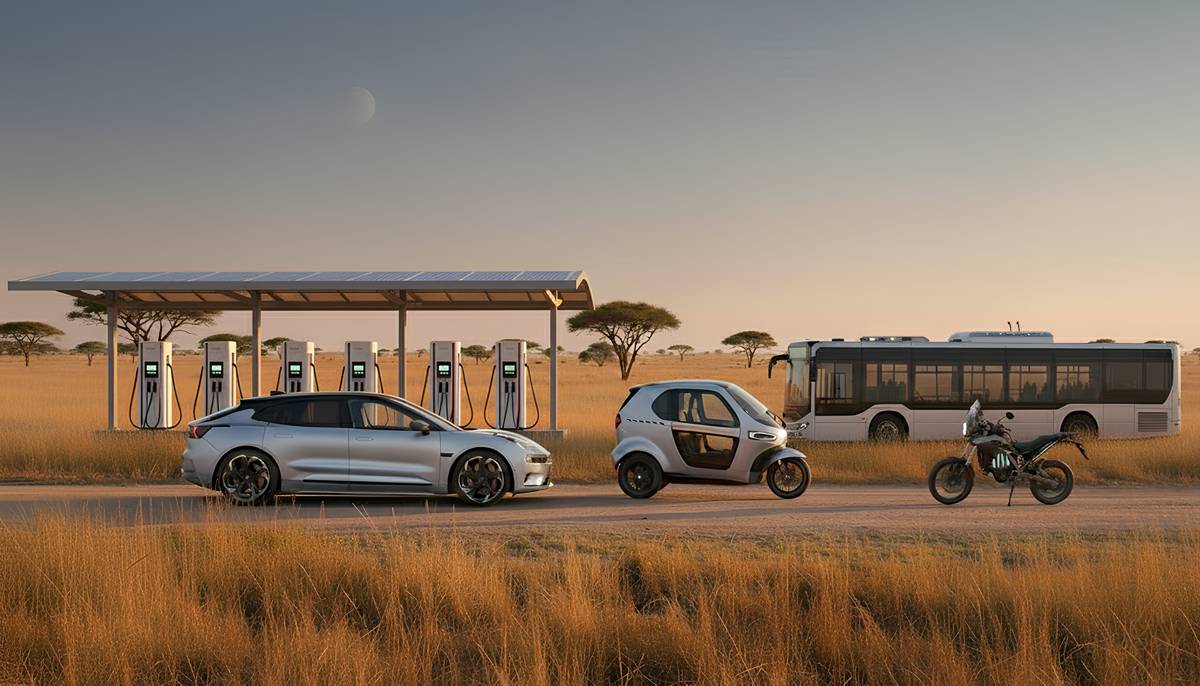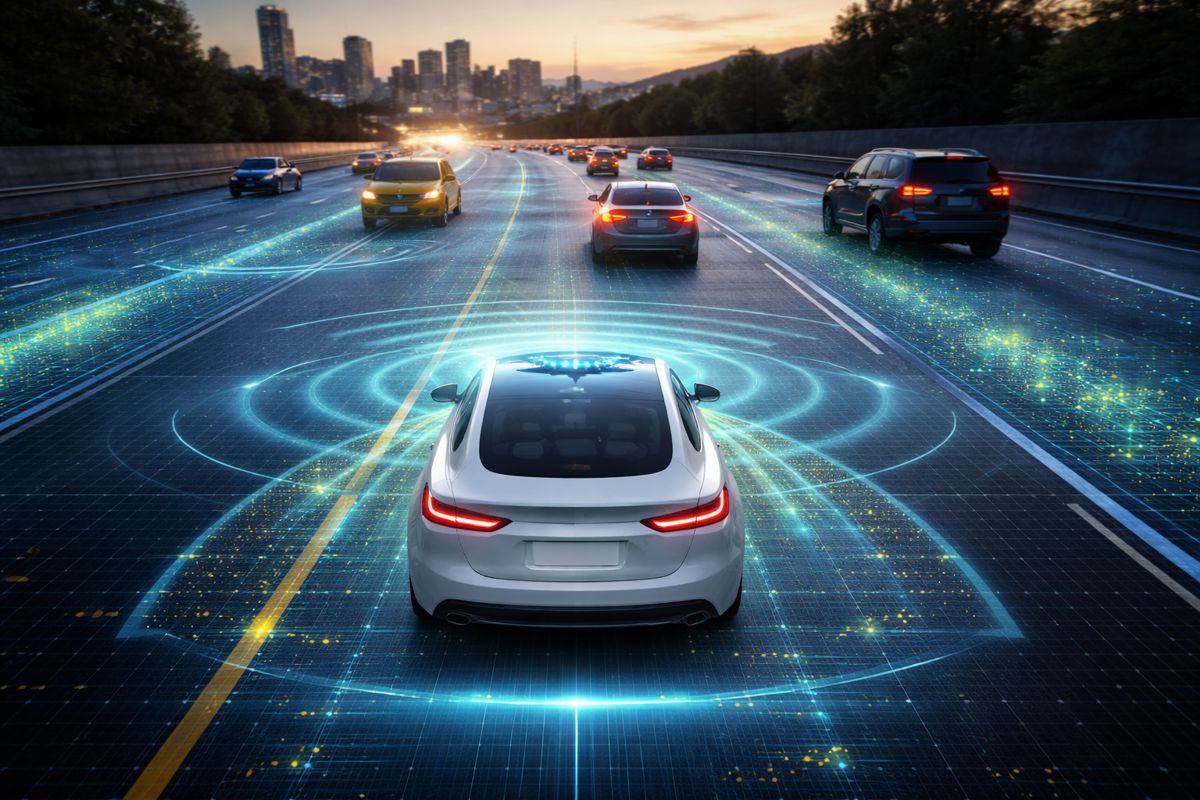Vayyar Imaging wins Safety Innovation Award for 4D imaging radar-on-chip technology
Vayyar Imaging, the global leader in 4D imaging radar, has won the SME Special Prize for Safety at the 2020 CLEPA Innovation Awards. Vayyar triumphed with its game-changing 4D imaging radar-on-chip technology, which is revolutionizing the way the automotive industry addresses safety.
With road traffic accidents the single biggest cause of death and injury globally, automakers are intent on protecting both vehicle occupants and the rapidly growing number of Vulnerable Road Users (VRU). Safety, however, usually comes at a high price.
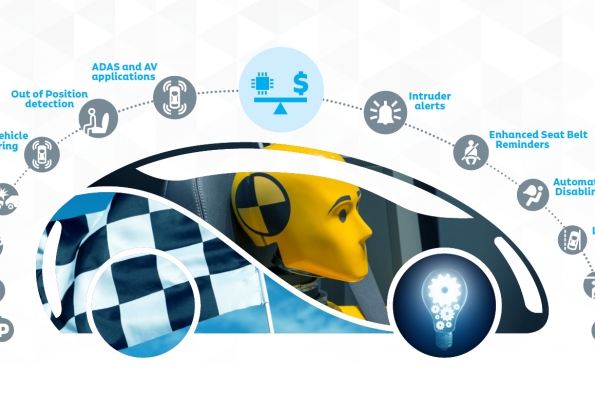
Evolving regulatory requirements are pushing up the complexity of automotive electronics and development costs. With as many as 200 sensors per car, electronics are expected to account for 50% of overall vehicle cost by 2030, encouraging industry leaders to reconsider the traditional “one sensor per function” paradigm.
Vayyar is in the vanguard of this change with its unique approach — a multifunctional scale-ready platform — which is driving a fundamental shift in how OEMs and Tier 1s engineer in-cabin and ADAS safety to provide high-end safety for all vehicles, including economy models which have previously been limited in life-saving features.
In-cabin and ADAS solutions have traditionally been seen as collections of safety features supported by numerous sensors powered by a range of technologies. Inside the car, Vayyar’s multifunctional 4D imaging radar platform allows automakers to embrace the concept of the cabin as a unified ecosystem in which just one high-performance RFIC supports multiple applications, such as Child Presence Detection (CPD) and enhanced Seat Belt Reminders (SBR). This cost-efficient “combo” functionality saves the cost of multiple sensors and programs. Outside the car, just 2-4 sensors support nearly a dozen ADAS and advanced parking assistance applications.
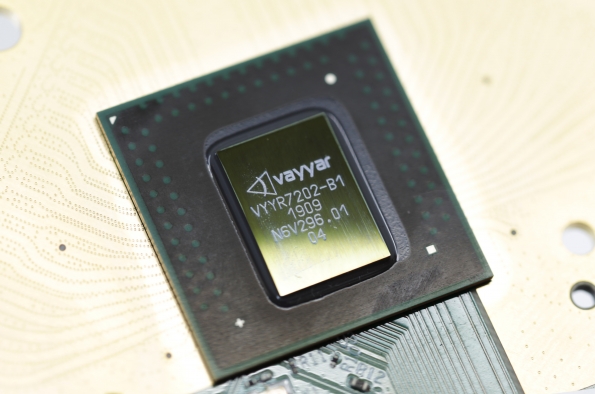
The key to multifunctional sensing is best-in-class imaging radar-on-chip technology providing both high resolution and an ultra-wide field of view. Supporting up to 48 transceivers, Vayyar’s solution generates 4D point cloud images for rich detection, tracking and classification data, while protecting user privacy. This enables the creation of highly advanced applications, without automakers having to overcome the hurdles of radar development. Precise and reliable, the sensors work regardless of line of sight, bad lighting or harsh weather conditions, for robust monitoring at all times across uSRR, SRR and MRR.
Vayyar’s platform also enables automakers to build additional applications for new models, or after vehicle deployment, to meet emerging safety demands over the same HW platform. The company’s transformative technology, together with its pioneering, all-encompassing business model, create a comprehensive and validated offering that is the bedrock of its partnerships with a number of global auto brands and Tier 1 suppliers, helping them to reduce risk, costs and TTM.
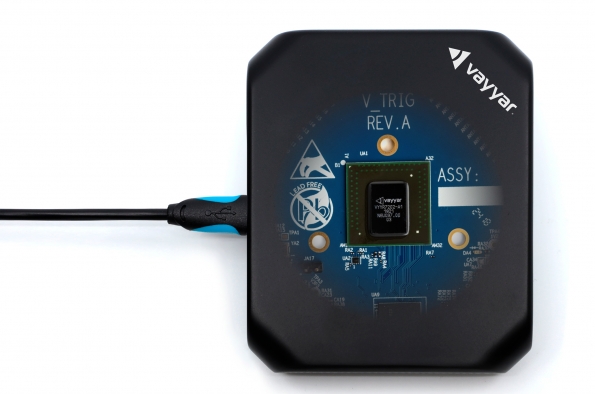
Ian Podkamien, Head of Automotive at Vayyar Imaging, said: “We are extremely proud that our unique, life-saving technology has been recognized by the automotive industry at the 2020 CLEPA Innovation Awards. By providing single-chip solutions that are multifunctional, cost-efficient and available now for mass production, we’re driving the mission of enabling our partners to protect all life on the road, so everyone can get to their destination safely.”
CLEPA, the European Association of Automotive Suppliers, represents over 3,000 companies supplying state-of-the-art technology solutions, as well as more than 20 national trade associations and European sector associations. In its fifth edition, the CLEPA Innovation Awards celebrate outstanding achievements of mobility technology in the fields of Environment, Cooperation, Safety and Connectivity and Automation.
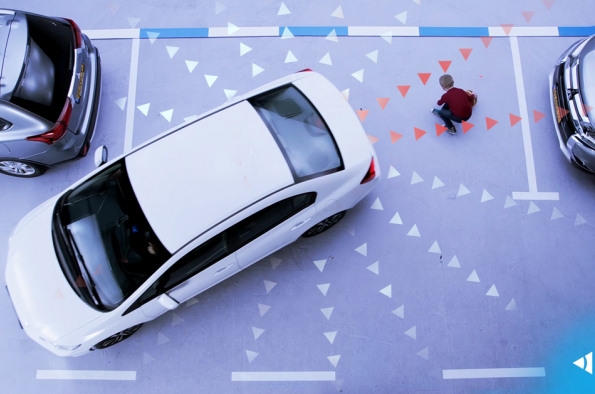
Within each category a special prize is awarded to SMEs, acknowledging the role of small and mid-sized companies in the industry’s achievements and a celebrating commitment towards making the future of mobility safer, smarter and more sustainable.




















